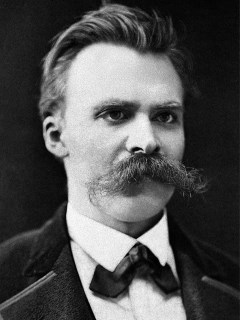

The socratic Nietzsche
pp. 109-118
in: Yirmiyahu Yovel (ed), Nietzsche as affirmative thinker, Berlin, Springer, 1986Abstract
My approach to Nietzsche centers upon two primary characteristics of his thought. First, Nietzsche, like Socrates, is not a sceptic even though he maintains a sceptical position toward the knowledge of truth. Indeed, like Socrates, he speaks as a wise man, as if he knew what the truth really is. He even claims that his scepticism leads him out of nihilism. Secondly, Nietzsche's thought is above all critical. This entails that his extreme negative attitude towards reason and the aspiration for truth is not capricious, but grounded on critical speculations that lead to the position where reason is taken to be the falsification of reality. Nietzsche's underlying attitude, then, is that reality should be grasped as it is, hence we should do all we can not to falsify it. Here Nietzsche's philosophy is no different from any other. Yet, given Nietzsche's view of reason as a false method of understanding, this implies that there is another way that is superior, that it is possible to grasp reality as it is without falsifying and Nietzsche undertakes to explicate this through his writings. This is simply because otherwise it would be senseless to dismiss reason — any manner of life and thought would be of equal weight and significance. The rejection of reason would constitute nothing more than personal preference, as would the adoption of any alternative.




